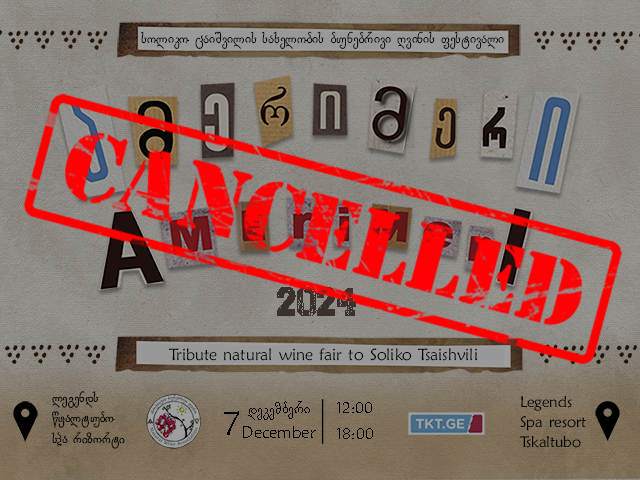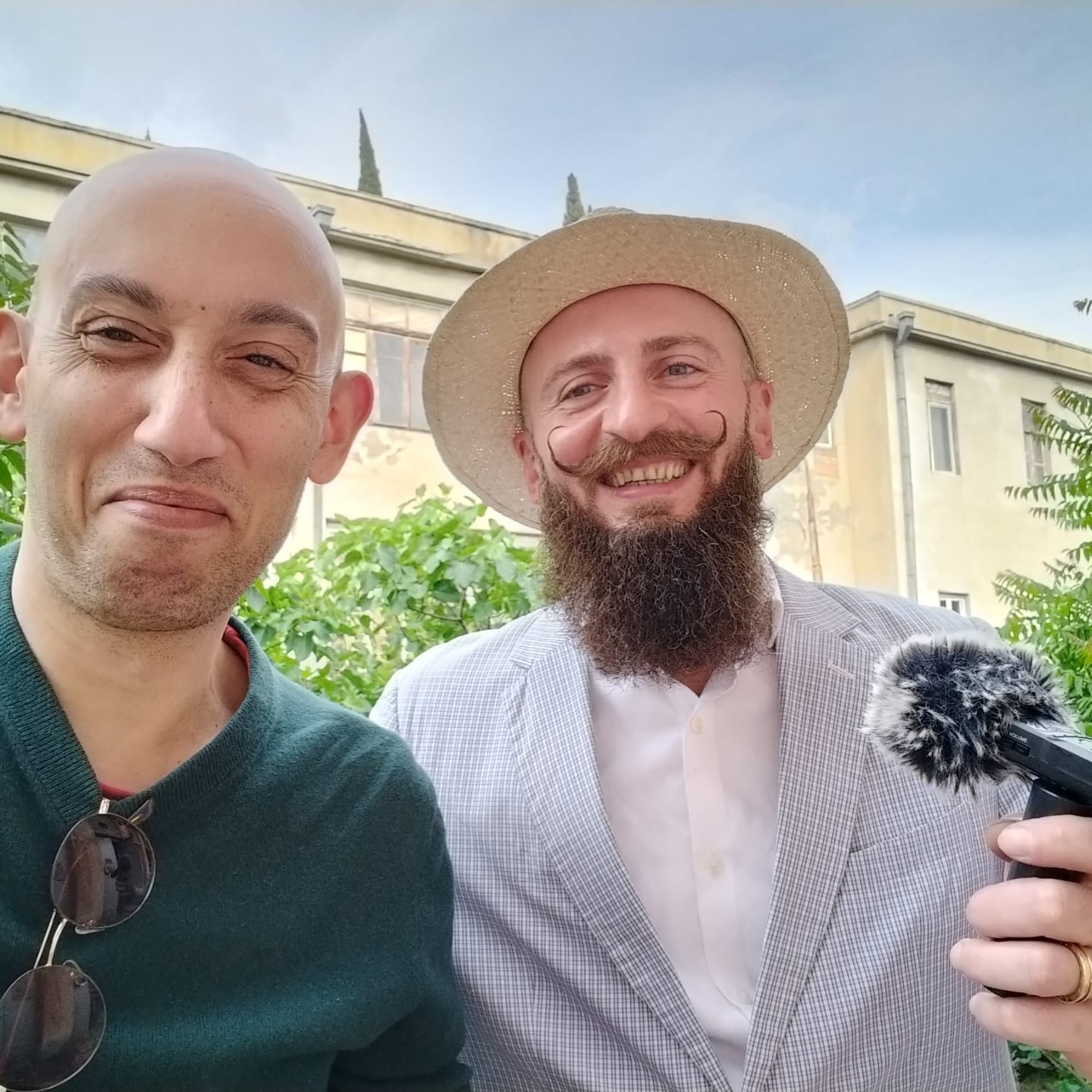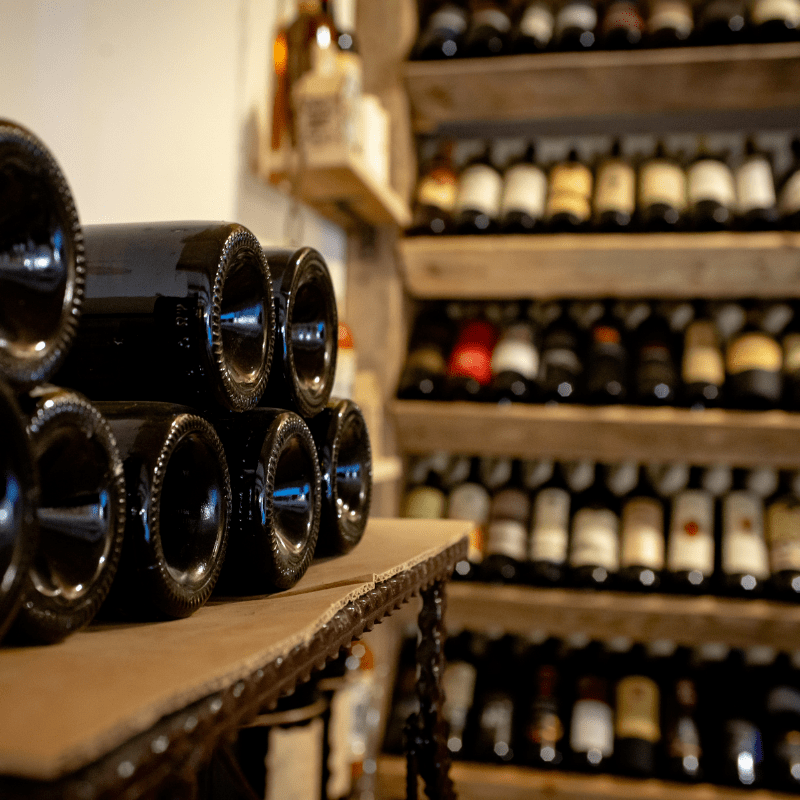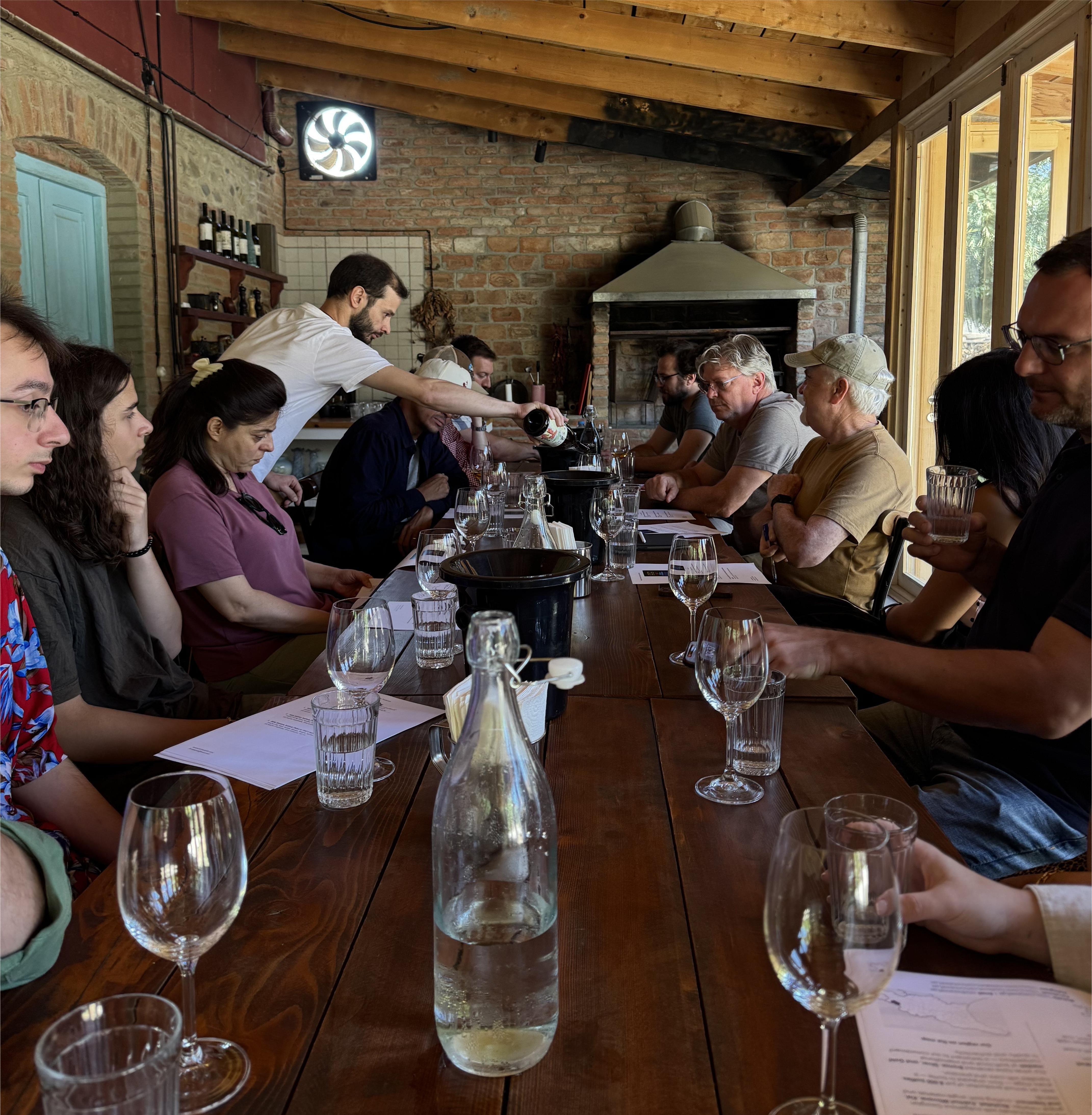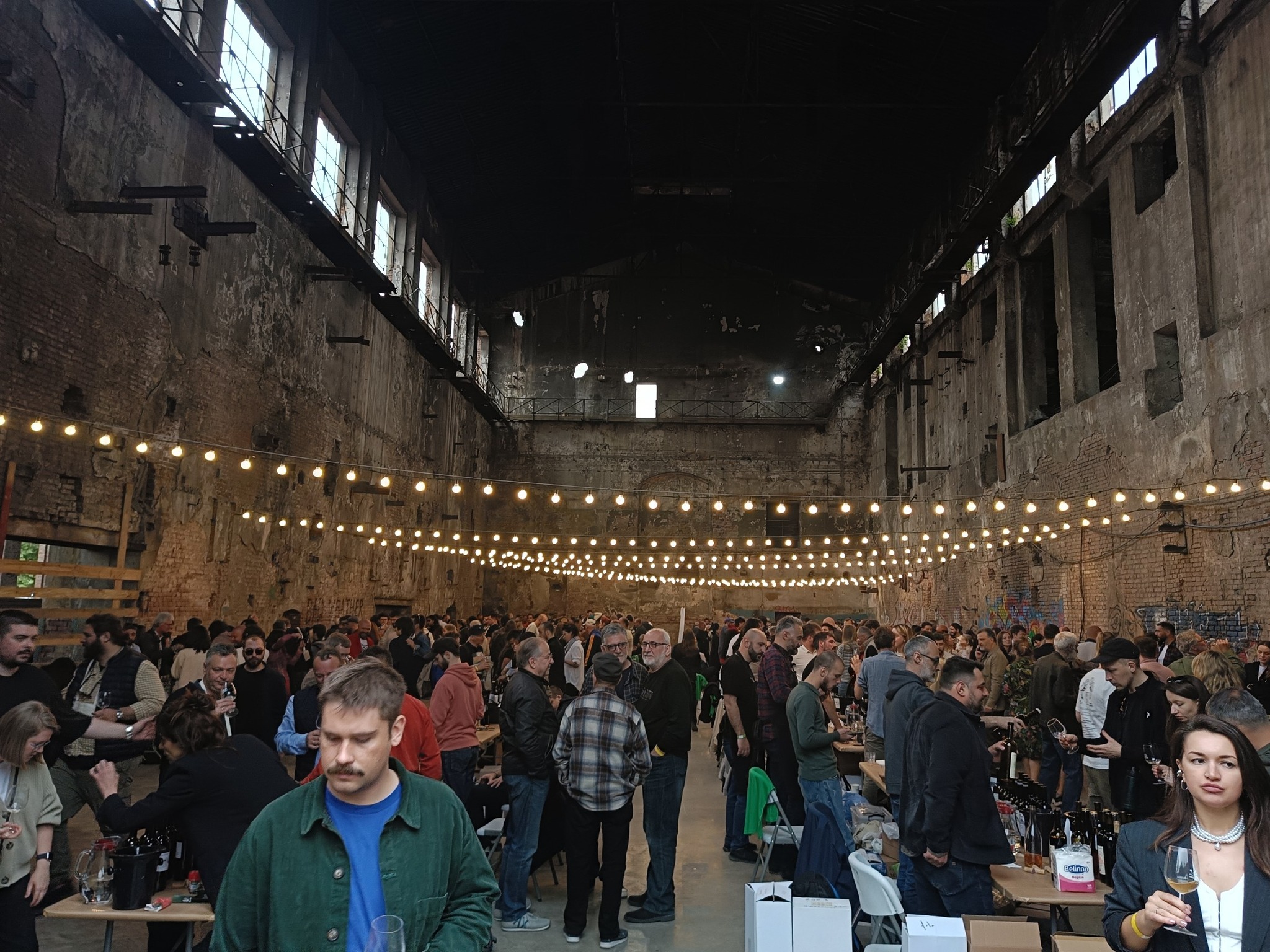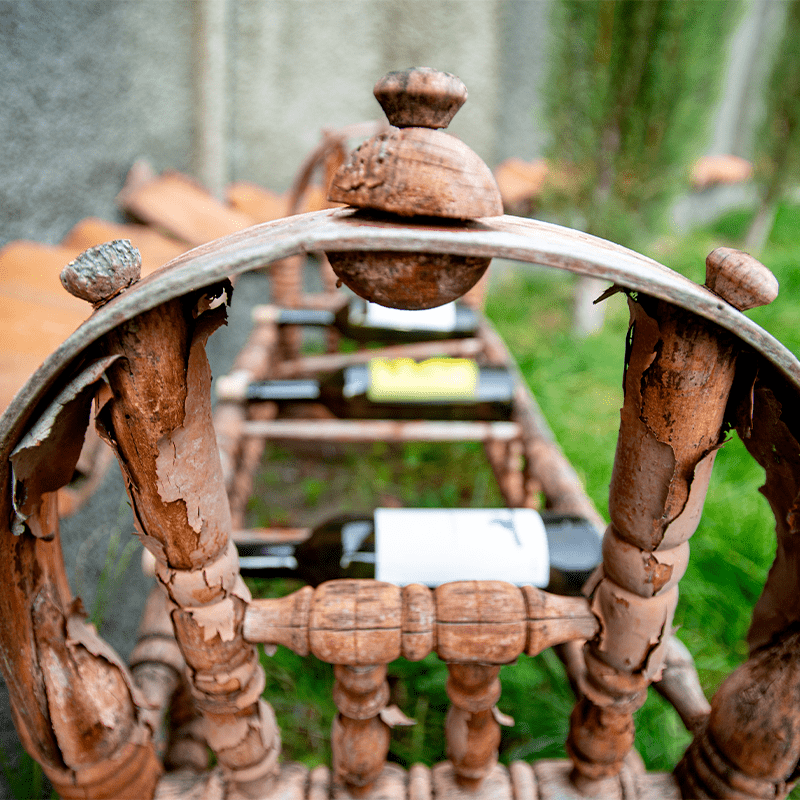News . 01-12-2024
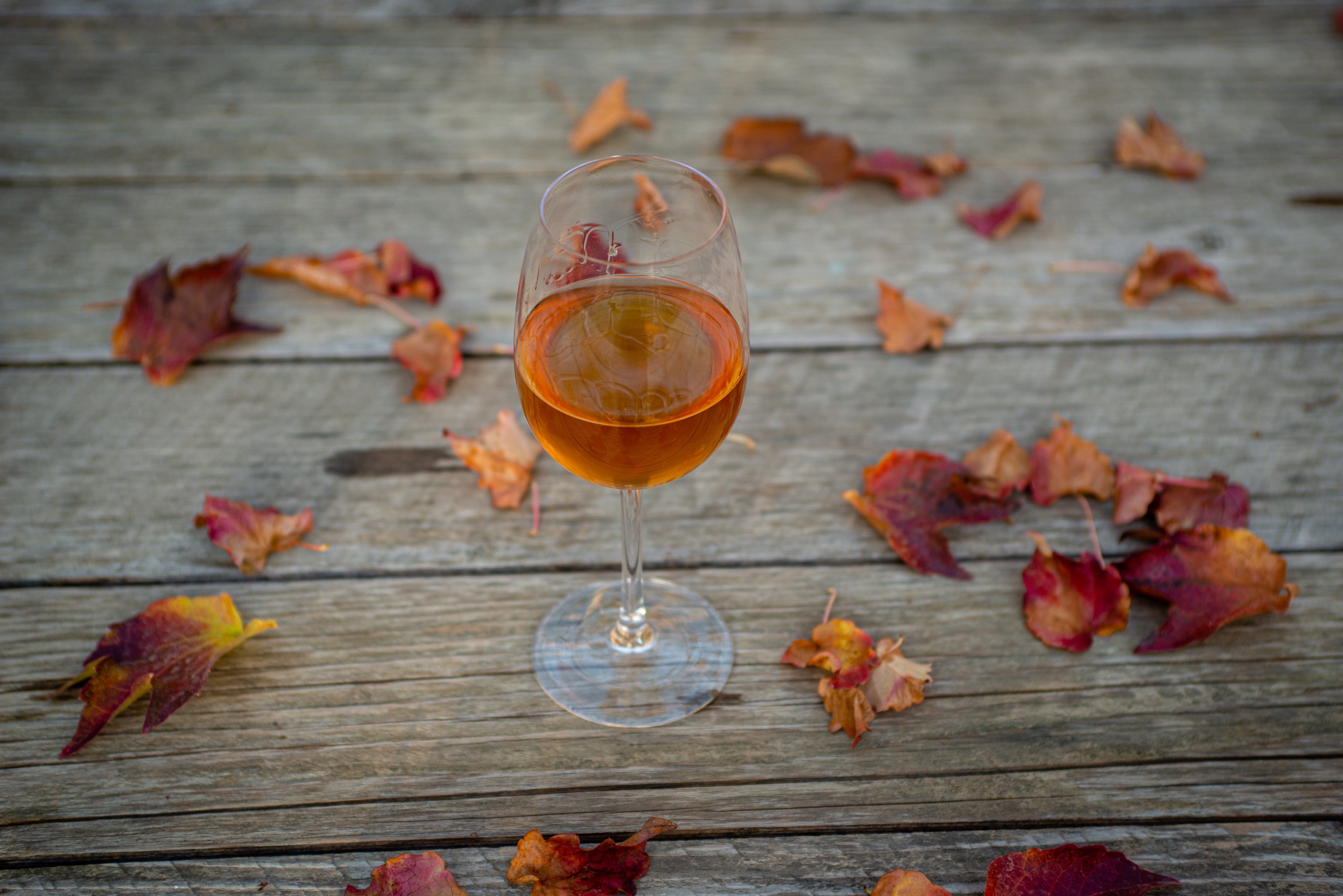
A Guide to Natural Wine
Many people around the world have rediscovered their roots and learned from past mistakes in recent decades. This trend has influenced various aspects of life, especially food culture. Mass industrialization after the Second World War had negative consequences that people have become aware of. More products meant less quality, taste, and tradition.
Mass industrialization also impacted the wine industry. More people and more demand for wine resulted in more vineyards in New World countries, where wine was cheap and plentiful. Standardized wine production methods reduced the risks for large wine enterprises. They used chemicals, additives, artificial yeasts, and other methods to manipulate the wine. This led to a flood of industrial wine in the 21st century, which lost its variety, origin, flavor, and tradition. Only a few people persisted in making wine the old, natural way. This type of wine was mostly consumed in families, because there was a complete alienation to natural wine and to the old, traditional methods of winemaking, and moreover, this kind of wine was a subject of ridicule and scolding.
Natural wine producers started a winemaking renaissance in different countries from the early 21st century, using minimal intervention techniques. They networked with other wineries and held natural wine festivals. Natural wine producers in Georgia joined the Natural Wine Association.
NWA.GE interviewed the Association members who make natural wine. These stories show the trend and evolution of Georgian winemaking, though they are not all included in this article.
Ketevan Hubert of Tilisma Winery: "I am not a winemaker or an agronomist by profession. I fell in love with natural wine after tasting it. It has a life of its own, a unique appearance, and a distinct character every year. Making natural wine is a creative process. Organic vineyard maintenance is also challenging and rewarding, as the weather varies every year and requires constant adaptation."
Soso Martiashvili of Martiashvili Winery: "I make natural wine because I have a small vineyard and I value quality over quantity. Organic grapes are essential for making the best wine. I believe in minimal intervention in both viticulture and vinification. I grew up in this business and I personally tend to my vines. I enjoy watching the grapes grow, ripen, and reward my hard work, when I taste the first glass and feel proud of my achievement."
Giorgi Tkesheliadze of Baba's Winery: "My father taught me the tradition and custom of our family, to make natural wine from organic grapes. I inherited his passion and love for the vineyard and the wine. I have my own vineyards where I produce natural wine with minimal intervention. This is my life's work and I will never change it. This is my legacy and my future..."
George Aivazyan of Manavi Wines: "I value products for their natural qualities, rather than their manipulated taste. Natural wine is authentic and alive to me. It reflects the year, the location, and the winemaker who made it, and it is free of artificial substances. This naturalness also shows in the taste. The wine may have high acidity, underripe tannins, or a cloudy color, but these are not flaws, but features of its authentic "raw" taste. I would not trade this for anything artificial."
Malkhaz Mshvildadze of Baghdati Estates: "We have been practicing natural viticulture since 2009. I was inspired by the "Wine Club", its lectures, and an online forum, where I learned a lot about natural wine and organic vineyards. We believe that natural agriculture is Georgia's niche and strength. Natural wine is our family's tradition and pride, and we cherish and preserve it!"
Marina Kakiashvili-Ruadze of Doctor's Bio-Winery: "We planted our vineyard with the intention of making natural wine, and we have always used biological methods to care for our vines. We follow the natural wine regulation in every step of our wine making and preservation. Natural wine is not only beautiful to look at, but also beneficial to health when consumed moderately. That's why the world market is increasingly demanding it."
Nino Mushkudiani of Mushkudiani Winery: "Natural wine is both a tradition and a future for our region of Lechkhumi. I see natural wine as a way of reviving the old with the new."
Anastasia Akhvlediani of Artana Wines: "Soliko Tsaishvili advised us to make natural wine. Soliko taught us how to grow grapes and make wine naturally. Natural wine has a life and a personality of its own. Each vintage is unique and fascinating. The wine also evolves over time, revealing new layers and nuances. This is a magical and captivating journey."
Khatia Darguashvili of Anapea: "I can hardly believe that we left the center of Tbilisi to make wine. We have come a long way from sociology to wine, and we are still on this journey. Natural winemaking is an endless cycle, where you never reach the finish line. You are either natural or not. There is no in-between. This is what captivates me, and has done so since the start, when we began to create an ecosystem on a barren land. We wanted to honor the earth and restore this land, attracting birds, worms, and trees, planting a vineyard of 34 grape varieties, and building a cellar where we only use qvevri and make natural wine. We have faced many challenges and hardships. We sometimes thought of giving up on this business, but our friends (other natural wine producers) helped us with their advice and encouragement. We have seen the fruits of our labor and we are proud of what we have achieved."
The wineries in the Natural Wine Association have their own unique and special stories. They embraced natural wine for different reasons and they make both traditional and innovative Georgian wines, which are popular in many countries.
Levan Sebiskveradze
